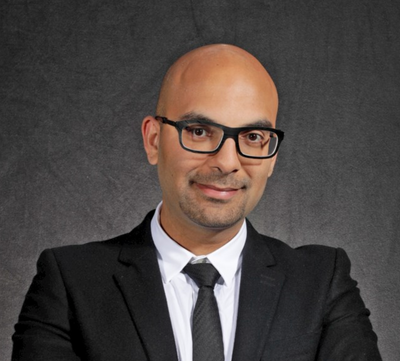
VITAL EMERGENCY CALL 112
Centre ophtalmologique du Glacis takes care of eye emergencies without appointment.
Eye Emergencies: When to Consult Your Eye Doctor
Your eyes are essential for daily life, and any sudden changes or injuries should not be ignored. Recognizing an eye emergency and seeking immediate medical attention can prevent vision loss and serious complications.
While not all eye issues require emergency care, you should see an eye doctor if:
If you experience any urgent eye symptoms, contact your eye doctor or visit the nearest emergency department immediately. Protect your vision—act fast in case of an emergency!
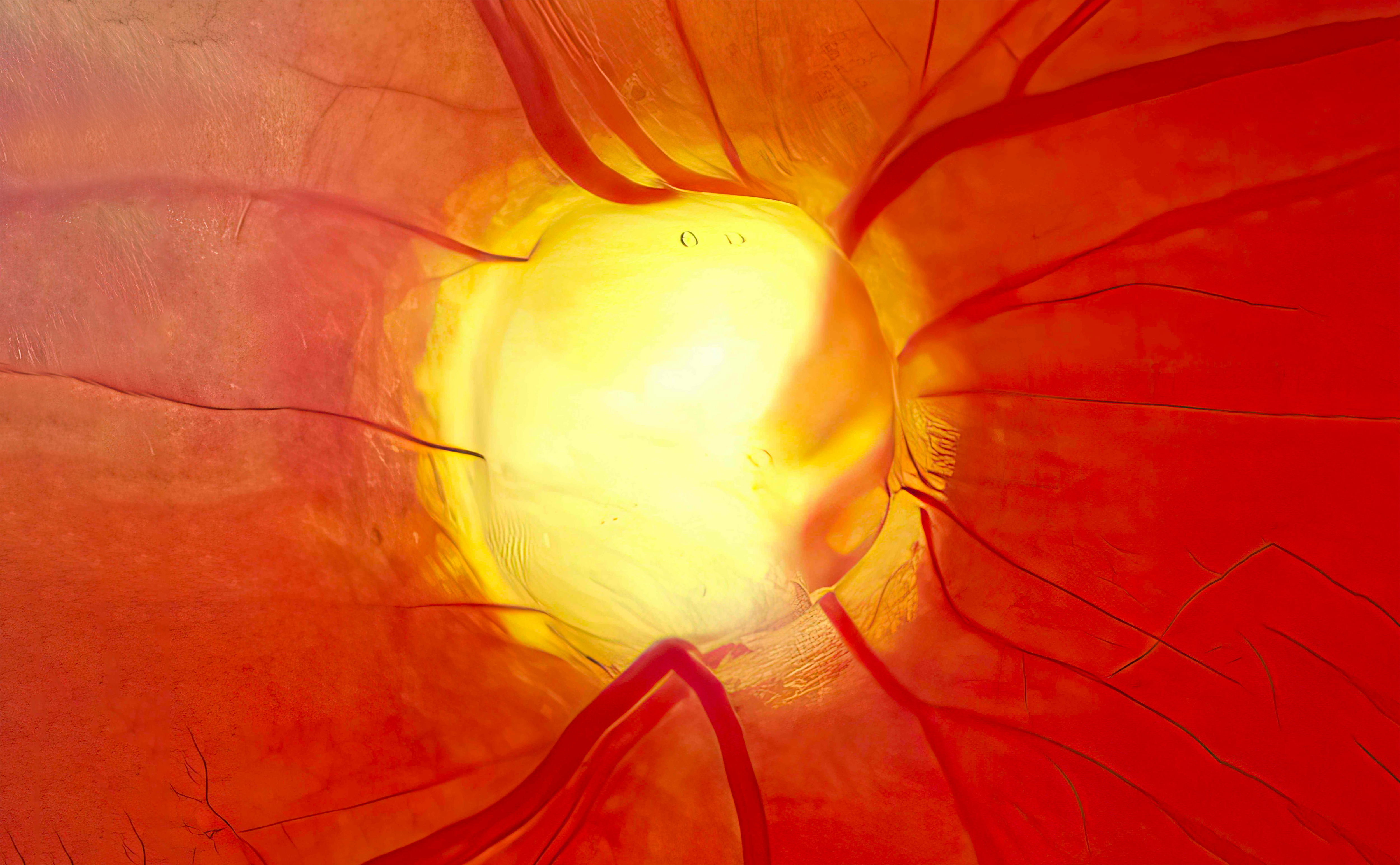
What are the types of glaucoma?
The two main types of glaucoma are open-angle glaucoma and angle-closure glaucoma.– Open-angle glaucoma: This type is the most common. It develops slowly and often presents no symptoms at first. In open-angle glaucoma, the intraocular fluid drains less efficiently, leading to an increase in IOP. Patients usually only notice the effects when a significant portion of their vision has already been lost.– Angle-closure glaucoma: This type is less common but is a medical emergency. It particularly affects patients with severe farsightedness or advanced cataracts. In angle-closure, the angle between the iris and the cornea is too narrow, blocking the drainage of intraocular fluid (aqueous humor) and causing a rapid rise in IOP. Symptoms include severe eye pain, nausea, blurred vision, and halos around lights. Without immediate intervention, this type of glaucoma can lead to rapid vision loss.
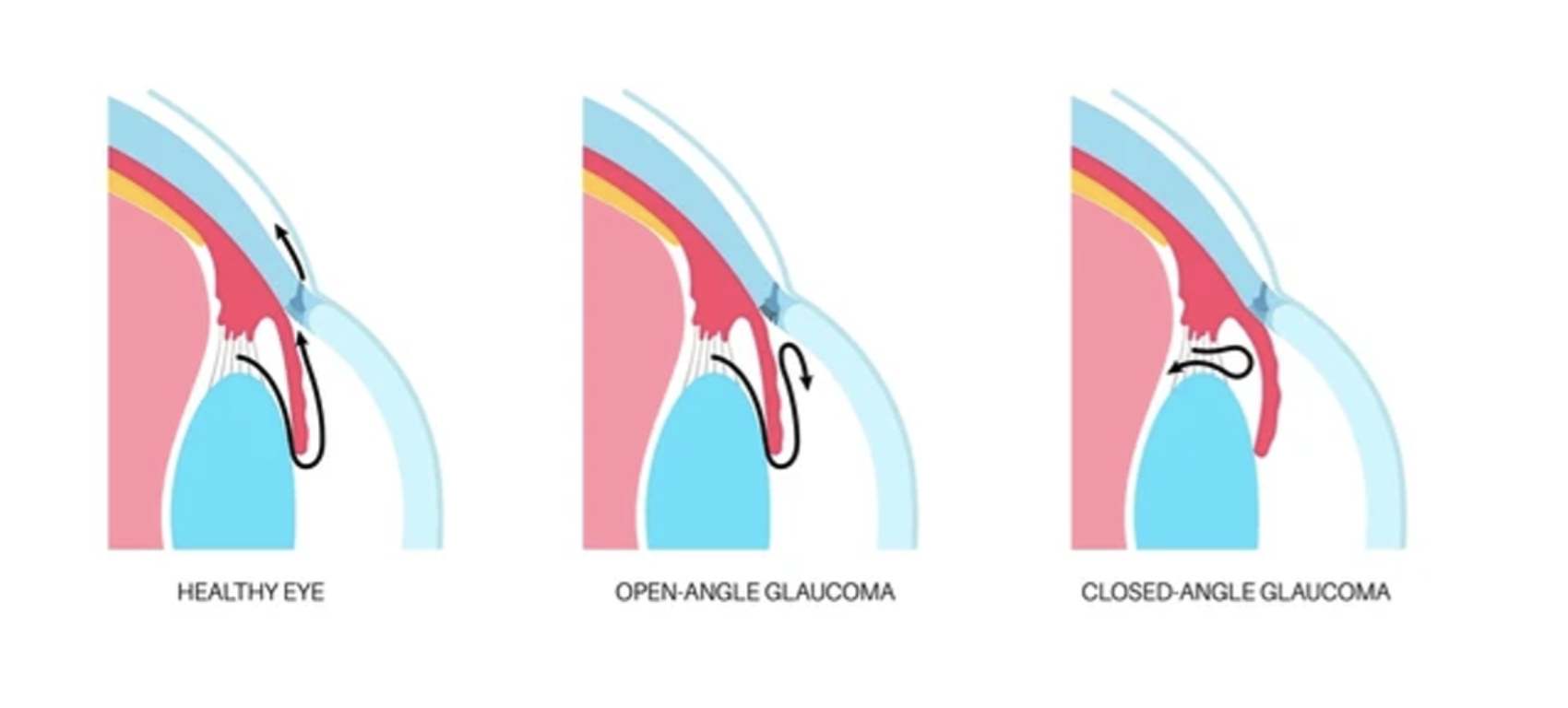
Glaucoma is diagnosed based on several tests: - Intraocular pressure measurement (tonometry): Used to detect elevated IOP. - Optic nerve assessment: The ophthalmologist examines the optic nerve for signs of damage. - Visual field: This test detects peripheral vision loss. It is generally performed every 4 months at the beginning of follow-up (i.e., 3 times per year) to determine the rate of progression and allow for a learning curve for this difficult examination. - Gonioscopy: This technique assesses the iridocorneal angle to determine the type of glaucoma (open or closed).
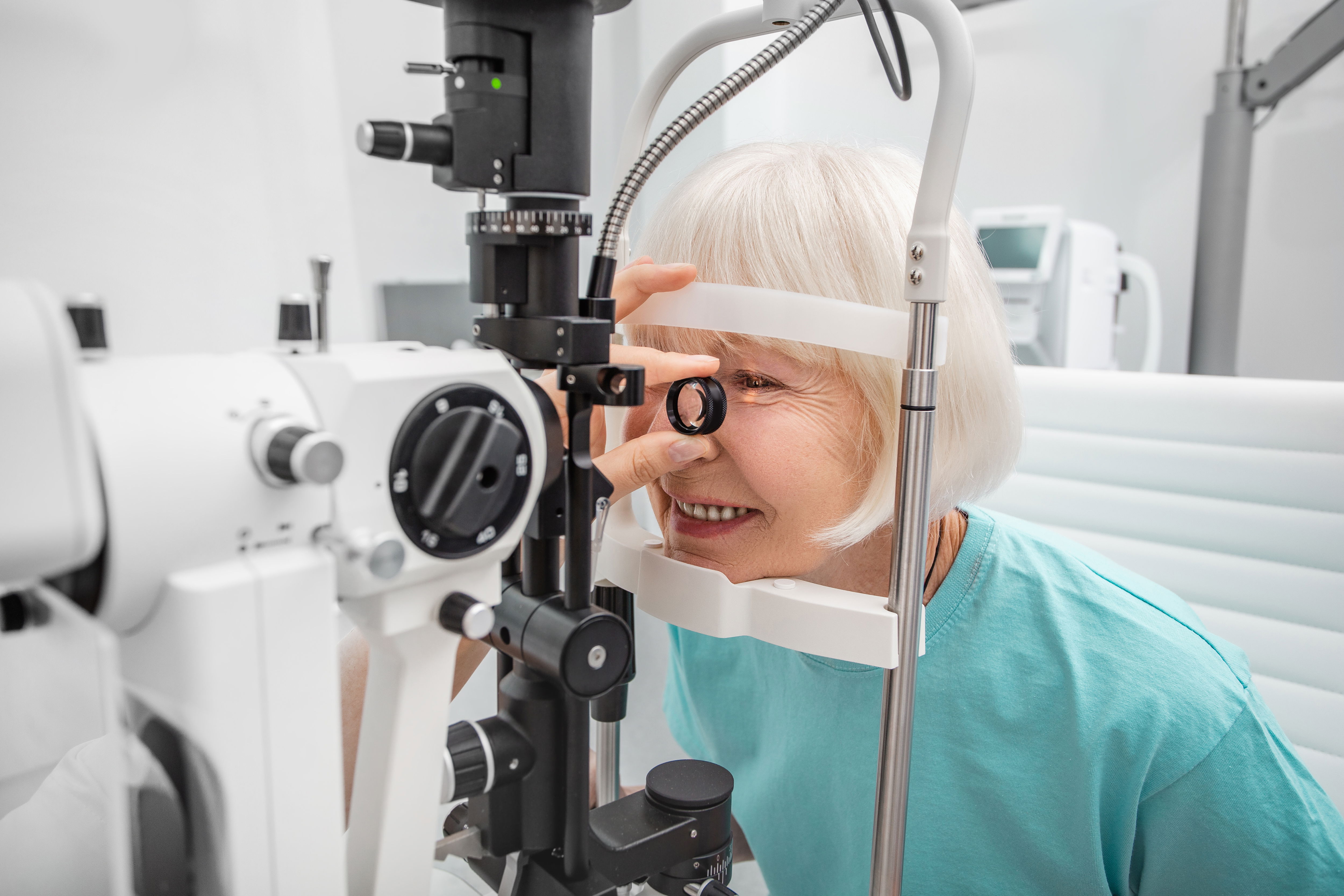
Treatment aims to reduce IOP to prevent further damage to the optic nerve. Treatment modalities include:
Medications: Hypotensive eye drops are often the first choice for lowering intraocular pressure.
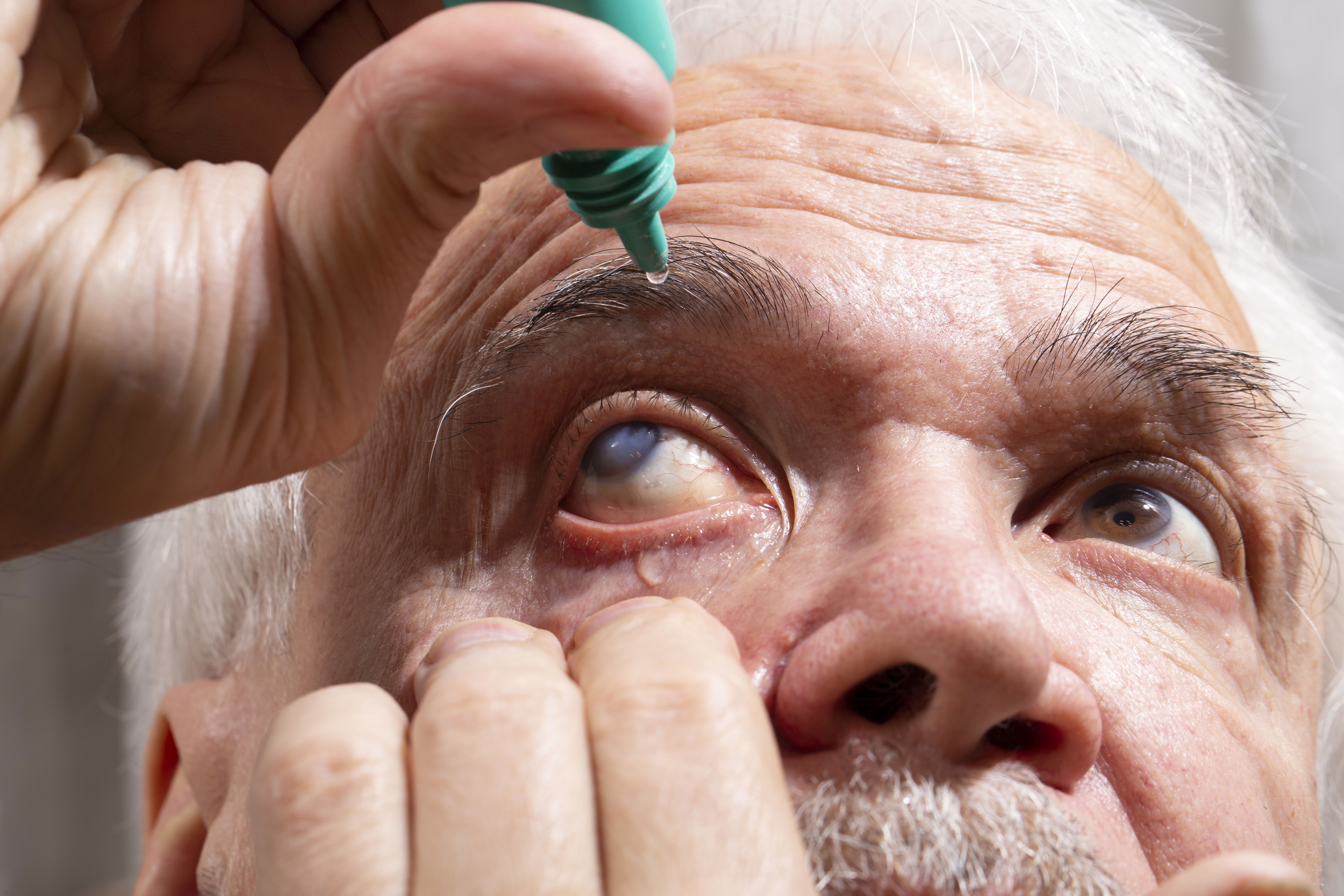
Laser: For open-angle glaucoma, laser trabeculoplasty (SLT) can facilitate the drainage of eye fluid. In angle-closure glaucoma, laser iridotomy creates an opening in the iris to improve drainage.
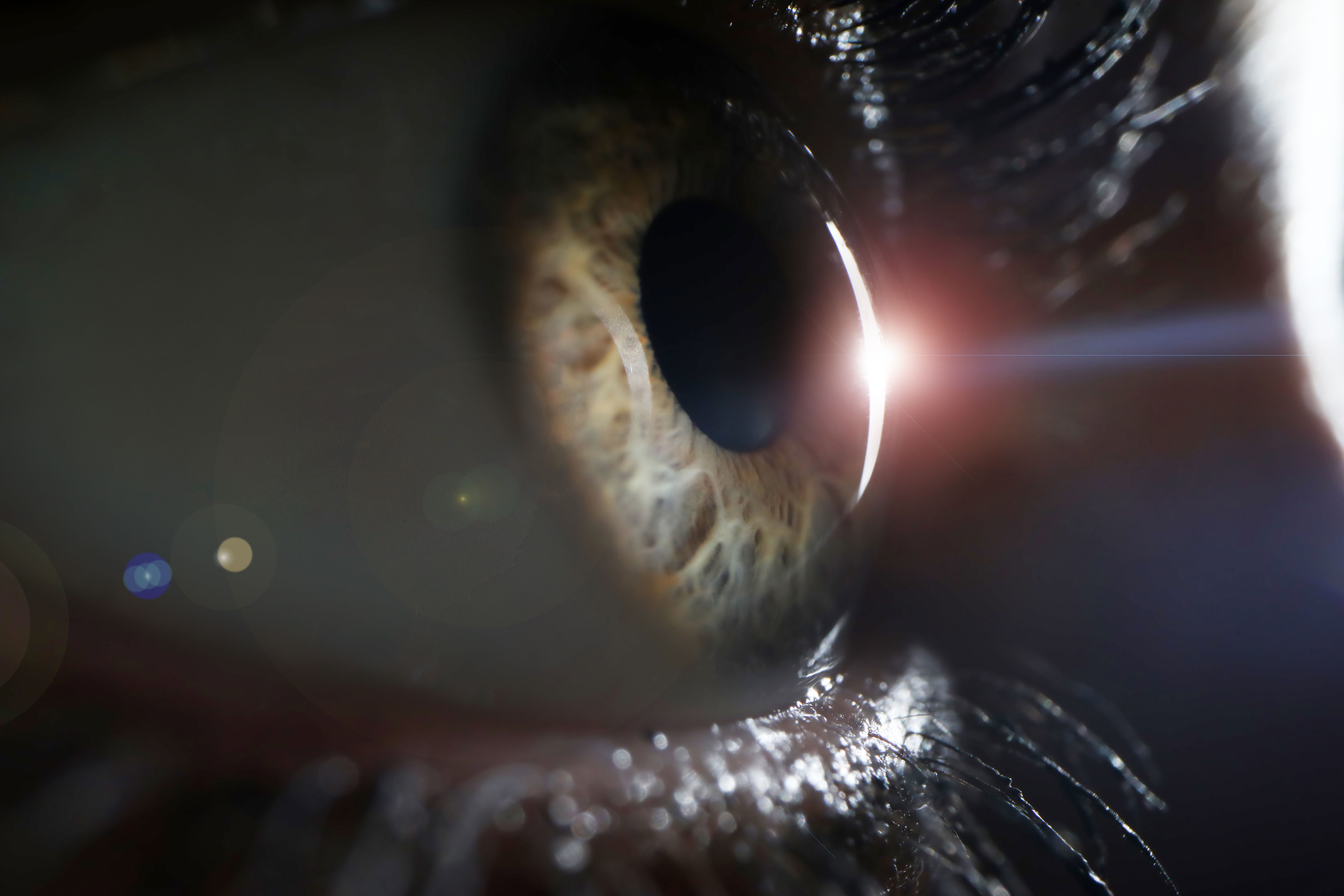
Surgery: When other treatments fail, surgery, such as trabeculectomy, may be necessary to create a new drainage channel (filtration bubble). Other surgical options may be offered, such as placing an implant in the angle or treating the angle (laceration of the trabecular meshwork or its dilation).
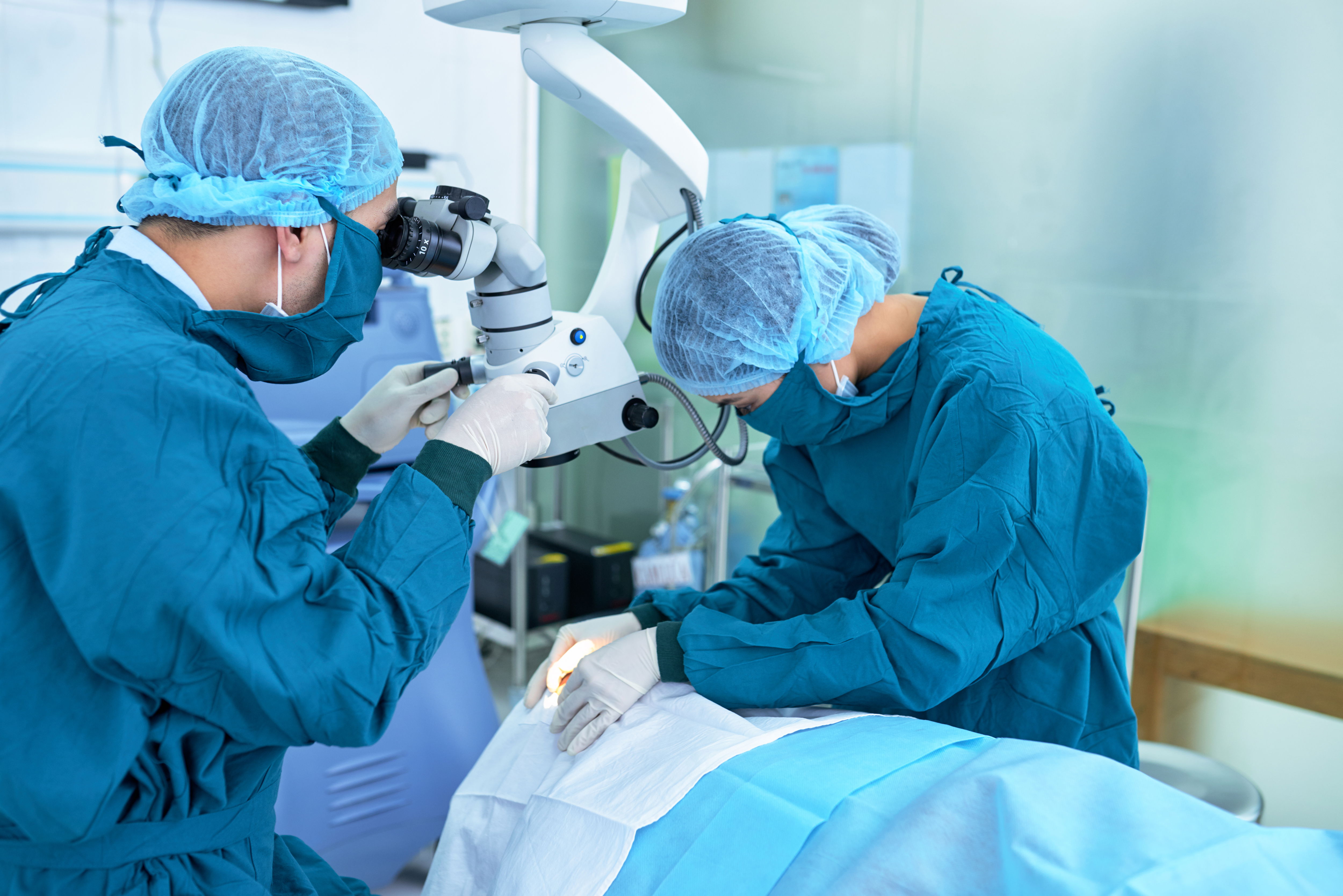
Glaucoma is a chronic disease that requires regular monitoring to prevent progressive visual damage.
Early detection is essential, allowing treatment to begin before vision becomes irreversibly affected.